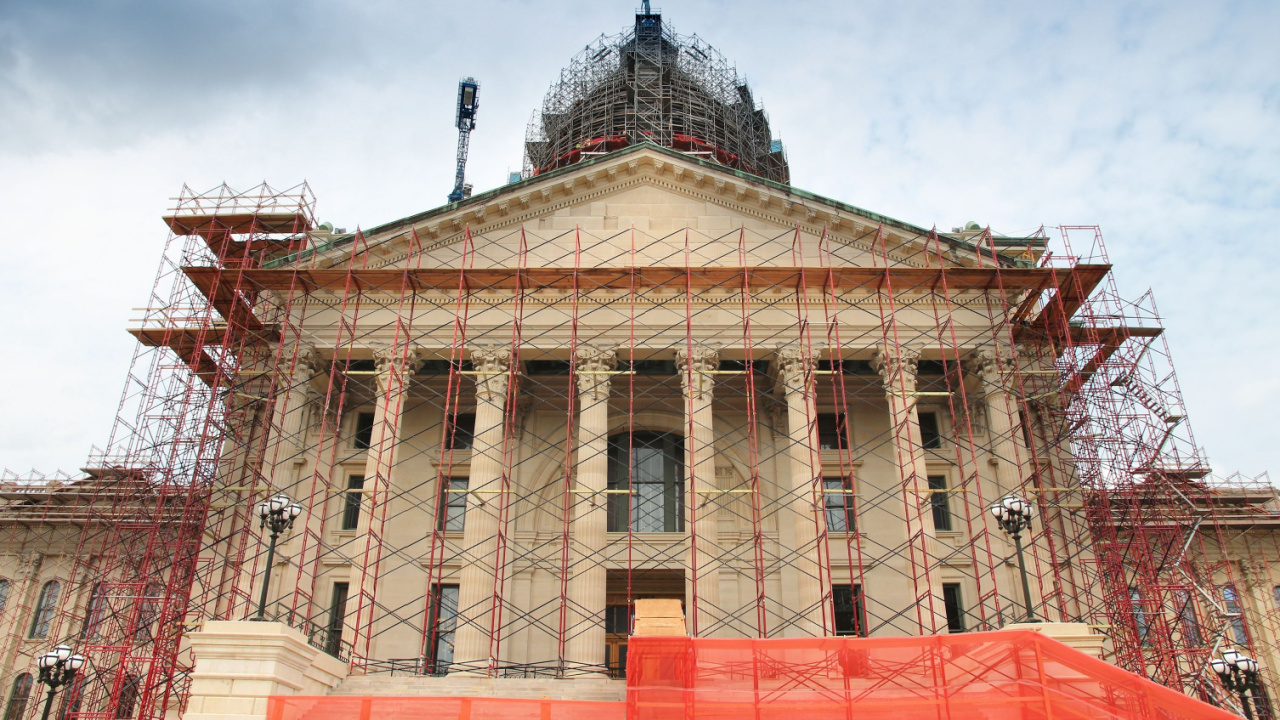
Don’t Neglect Business Interruption Insurance in Construction Contracts
Insurance for business interruption loss tends to be forgotten when construction deals are negotiated and finalized. Construction contracts generally provide clarity and attention when it comes to insurance requirements for property damage, but insurance requirements for business interruption loss are often left on the cutting room floor.
When one considers exposure to risk, it is hard to comprehend this lack of attention to business interruption insurance. Major property damage events can have lengthy impacts on the policyholder’s ability to get back to business, and extensive delays in the ability to perform business activities can have monumental impacts on profits. The following provides a summary of the coverage provided by business interruption insurance and the complexity of business interruption claims, as they pertain to construction projects.
What does business interruption insurance cover?
At its core, business interruption insurance provides coverage for the policyholder’s lost profits during the period needed to recover from an event of property damage. The period of recovery is, at least, the time necessary to repair the damaged property and is not limited to the policy period. Some policies provide that the period of recovery includes the amount of time after the completion of the repair that is necessary to get the business back to the level of operation it had prior to the event of property damage.
Business interruption coverage also can apply to expenses incurred to reduce loss, and extra expenses incurred because of the loss. “Contingent” business interruption coverage also may be available from the insurance market. This type of insurance provides coverage for losses incurred when a supplier or a customer suffers an event of property damage that results in delay to the business of a policyholder.
As is the case for all insurance, terms and conditions vary in the marketplace, and it is crucial that policyholders review the terms of the policy and understand the extent of insurance being offered before a purchase is made.
Why is it important to consider this type of insurance in construction contracts?
It is not difficult to predict the value of loss that can result from direct property damage, and the full extent of the loss is capped at the total replacement value of the construction project. With business interruption, however, the extent of the loss depends upon several factors that cannot be predicted at the time the policy is purchased including:
- the amount of time necessary to repair the property;
- the amount of time the business needs to recover from the property damage; and
- the degree to which the property damage impacts the policyholder’s ability to recover.
Unlike estimates regarding direct property damage, estimated business interruption loss cannot be capped because of the extent of unknowns. Who could have predicted the impact of Hurricane Katrina on the recovery of businesses in the Gulf area? Who could have predicted the impact of floods on the recovery of businesses in Texas? Who could have predicted the impact of 9/11 on the recovery of businesses in downtown Manhattan? The combination of catastrophic property damage and unpredictable recovery makes business interruption a highly variable risk with significant exposure to substantial loss.
What are the major difficulties in recovering business interruption losses?
In order to recover, under business interruption insurance there must be proof of a causal connection between the losses claimed and covered property damage. This may seem self-evident, but there are potentially perplexing devils in the details. Catastrophic events often involve broad devastation to an entire area, and the insurance company will delve into questions such as: Was the business interruption loss is the result of damage to the policyholder’s property or property elsewhere in the area? Did the property damage actually cause an interruption to the construction project? Was the delay in construction the result of the catastrophic event or the construction company’s poor performance before the event that carried forward after the event took place?
Insurance companies will also question the “period of recovery” and spend considerable effort seeking to prove that the time that was reasonably required to repair the damaged property and get the business back up to normal operations was less than what the contractor has asserted. Additionally, there will be questions concerning the amount of the lost profits that have been asserted and the manner by which those lost profits were calculated.
How to prepare for claiming business interruption loSS
Business interruption loss starts with the concept that there is recovery for “likely net income, had there been no delay in the completion of the project.” Therefore, policyholders will need to provide extensive financial documentation evidencing what income the project was expected to deliver had there been no interruption. There also will need to be documentation of the period of recovery and evidence that the asserted period of recovery was reasonable.
Extra expense and the expense to reduce loss recovery will require both supporting verification for the expenses incurred and documentation of the reasons why the expenses were incurred. With respect to extra expense, it will need to be shown that the expense would not have been necessary but for the event of property damage. For expense to reduce loss, there will need to be evidence that the expense resulted in a reduction of loss.
Given the complexity of the insurance issues involved and the extent of proof required to resolve a business interruption claim, assistance often is sought from experts and insurance coverage attorneys.
Related stories








